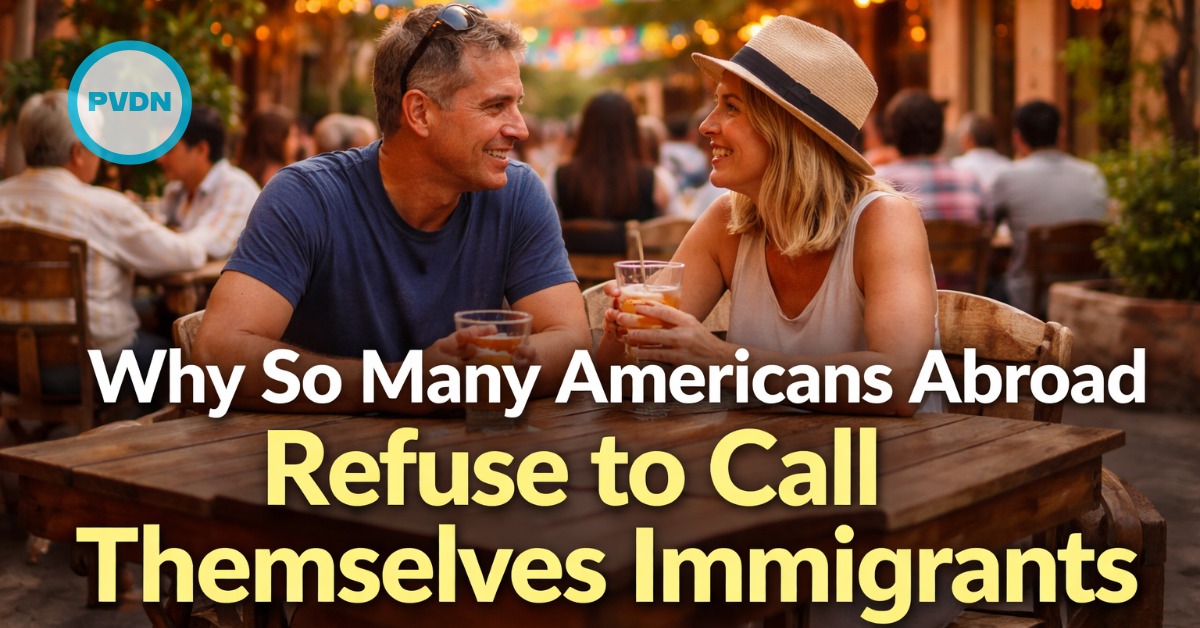In Mexico the economic situation worsens day by day, and also the insecurity and fear of the population to be victims of some crime.
This is shown by the National Institute of Statistics and Geography (INEGI) in its National Public Urban Security Survey (ENSU), which revealed that in December 2016, 74.1% of the population aged 18 and over considered living in their city is unsafe, which represents a rise over last September when the rate was 71.9%.
Only 40.5% of those asked in Puerto Vallarta had some anxiety over safety, well-below the national average . . .






